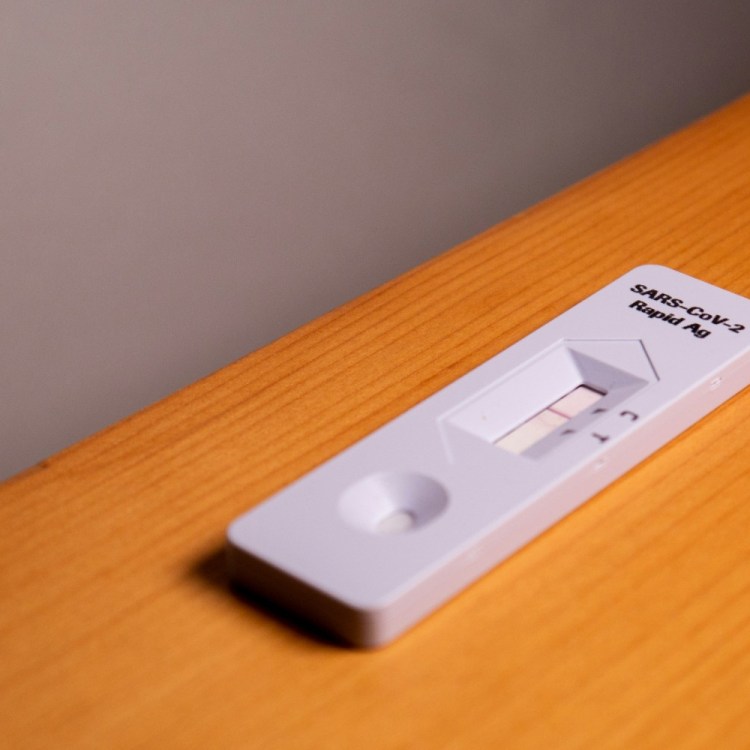In theory, online customer reviews can be a great way for people considering a purchase to get a sense of the benefits (or downsides) of the item they’re considering. But as the recent debate over Goodreads review-bombing shows, online reviews are far from infallible — and it turns out that a lot of the five-star reviews you might see online are worth a lot less than, well, five stars.
There’s a line between a company asking consumers to rate their products if they’ve enjoyed them and actively looking to game the system with paid promotions. More precisely, there may soon be a clearly defined line between what’s permitted by law and what is not, and the Federal Trade Commission recently took steps to demarcate precisely where that line can be found.
On Friday, June 30, the FTC announced a planned rule addressing unethical behavior around online consumer reviews. It would prohibit things like companies paying customers for their reviews, company employees reviewing their own products and companies misleadingly using reviews of one product to promote a different product. The next steps involve publication in the Federal Register, followed by a 60-day commenting period.
“Dr. Fraud” Tells Us How to Avoid All the Most Common Travel Scams
With bookings booming, scammers are on the rise. Here’s everything to look out for to protect yourself.As the Washington Post reports, the new guidelines will come with a steep penalty of $50,000 per illicit review. That would also be assessed, as per the Post, “each time a consumer sees it.” Could that actually make the world of online product reviews that much friendlier — and more accurate? We’ll know soon enough.
Thanks for reading InsideHook. Sign up for our daily newsletter and be in the know.


















